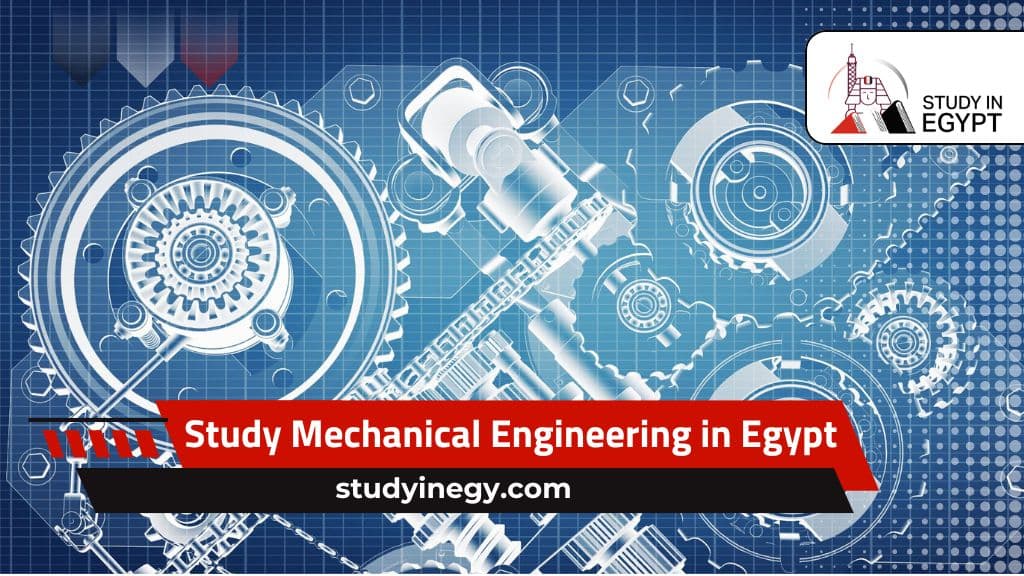Study Mechanical Engineering in Egypt … Studying mechanical engineering in Egypt… Because machines have become the foundation of all forms of manufacturing, and certainly because of the importance and development of transportation, there is a great need for mechanical engineers in global labor markets.
However, one important factor that supports a mechanical engineer and guarantees him or her superior career opportunities is a university degree proving that the engineer has enrolled at an internationally and regionally recognized university, whose value is recognized and which offers a distinguished quality of education.
Why Study Mechanical Engineering in Egypt?
All engineering colleges in Egypt offering mechanical engineering programs at the bachelor’s, master’s, and doctoral levels are listed—just like the largest and most well-known engineering colleges in European and American universities—in all international university rankings, including QS, Times Higher Education, Shanghai, Leiden, US News, and others.
Therefore, the university degree awarded by engineering faculties at Egyptian universities is equivalent in value in regional and international job markets to the university degree awarded by universities in Europe and America, supporting students in their professional and academic lives.
The fact of the matter is that Egyptian engineering colleges have achieved this great international standing due to their long history and the level of education they provide, which is completely equal to that offered by the largest European and American universities.

This educational level is based on the educational strategy employed by major European and American universities, which strive to provide comprehensive and detailed applied and academic curricula, enabling students to acquire every detail related to the field of mechanical engineering, both scientifically and practically. This, in turn, enables them to compete and pursue distinguished career opportunities in regional and international labor markets, demonstrating significant success therein.
Practical training is provided in applied curricula across all relevant fields of work, utilizing the latest technological techniques.
This is in addition to the availability of state-of-the-art laboratories and training centers, as well as the most advanced research centers within Egyptian universities.
So, the student will graduate with great knowledge and skills and amazing experience to launch effectively in the global labor market once graduating.
The Tuition Fees for the Non-Egyptians
When comparing the tuition fees of the Egyptian university with the cost of the European and American universities that provide the same quality of education and value of certification, we will realize that the cost in Egypt for the international students is low.
The non-Egyptians pay only $5000 for the pregraduate programs in the Mechanical Engineering, and $5500 for the postgraduate courses.
The Best Universities to Study Mechanical Engineering in Egypt
- Cairo University.
- Ain Shams University.
- The American University in Cairo (AUC).
- The German University in Egypt (GUC).
- Alexandria University.
- Nile University.
- Egyptian Japanese University of Science and Technology







